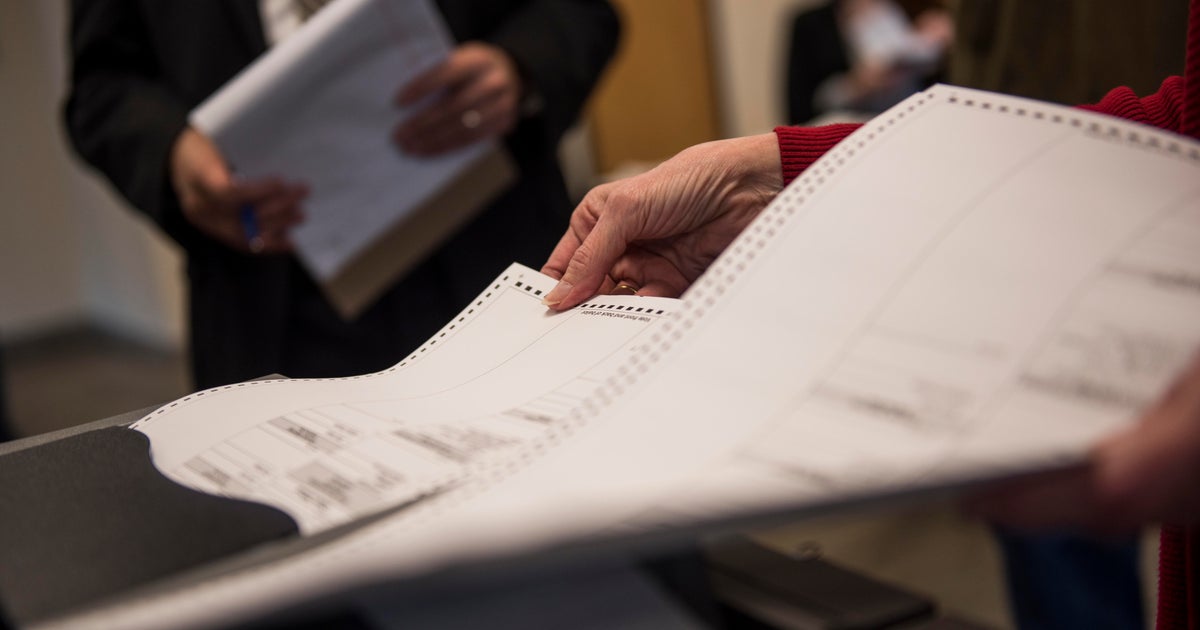Lawmakers reach deal on rebate checks for Minnesotans: See the details
ST. PAUL, Minn. -- Late Wednesday, a panel of lawmakers agreed to a deal on taxes that includes direct rebate checks to Minnesotans, a long-awaited agreement in the final days before session ends by early next week.
The rebates are $260 for single filers, $520 for married couples and an additional $260 per dependent, up to three. A family of five could see up to $1,300 back in their pockets.
Democrats leading the legislature have sought to target their tax relief to lower- and middle-income Minnesotans. This agreement would send the one-time money back to people making under $75,000 on their own and $150,000 for other tax filers, including married couples.
"We have an extraordinary opportunity here to focus on families and children across this wonderful state," said Sen. Ann Rest, DFL-New Hope, chair of the Senate's taxes committee. "We provided significant relief in doing that."
READ MORE: Minnesota House passes revised paid family and medical leave act
The deal also includes reducing state income taxes on social security, child tax credits that leaders say can significantly curb child poverty, and relief for renters and homeowners. There's also $300 million in one-time aid to local governments for public safety costs.
The rebates, initially dubbed so-called "Walz checks" by Gov. Tim Walz who first floated the idea last year, are significantly less than his latest plan, which would've sent $1,000 to individuals and a family could see as much as $2,600.
"We hear in press conferences this is the biggest tax reduction in history. But we also must let the record reflect that this is the largest tax increase in history, too," said Rep. Greg Davids of Preston, a Republican on the tax panel. "So I think we need to be a little about both sides. Yes, you have some great tax relief in here, you really, really do."
MORE NEWS: Law enforcement leaders raise concerns over legal cannabis in Minnesota
"But it's the largest tax increase," he added.
Davids referenced other tax increase proposals pitched in the legislature this year. Democrats recently passed and Walz signed into law a sales tax increase in the seven-county metro to support housing, and the conference committee focused on transportation is weighing a new delivery fee to help fund roads and bridges repair.
In the tax bill, there is conformity to a federal tax code provision known as global intangible low-taxed income, or GILTI, designed to bring in more revenue from companies making money overseas. There are no income tax rate hikes, like the House DFL had originally proposed for the state's highest earners.
This story will be updated.



